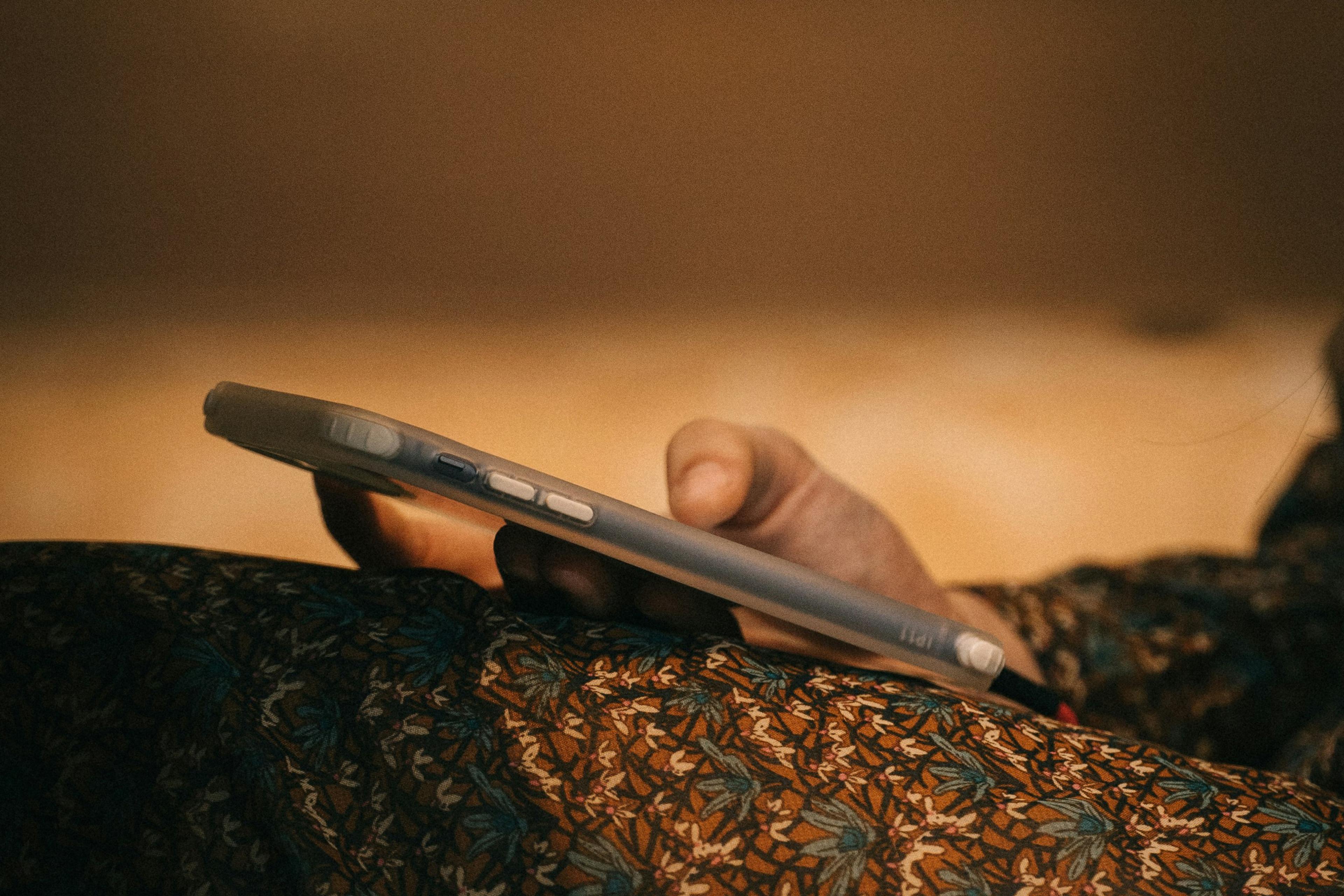
My chatbot therapist
Constant access, near-perfect memory, analytic reach – ChatGPT provides things a therapist never could
by Sabela Guravich
Senior Editor, Aeon+Psyche
Marina is a former arts editor of the New Statesman and deputy arts editor of the Evening Standard newspaper in London. Her books include, Living at the End of the World which looked at end-time cults, Rocket Dreams, an off-beat elegy to the Space Age, and Last Days in Babylon, the story of the Jews of Iraq. Marina specialises in the culture of science, developmental psychology and strong personal narratives. Her acclaimed memoirs The Middlepause and Insomnia have been translated into 9 languages. Her latest memoir A Little Give will be published in 2023. She can be found on Twitter @marinab52.
Edited by Marina Benjamin

Constant access, near-perfect memory, analytic reach – ChatGPT provides things a therapist never could
by Sabela Guravich
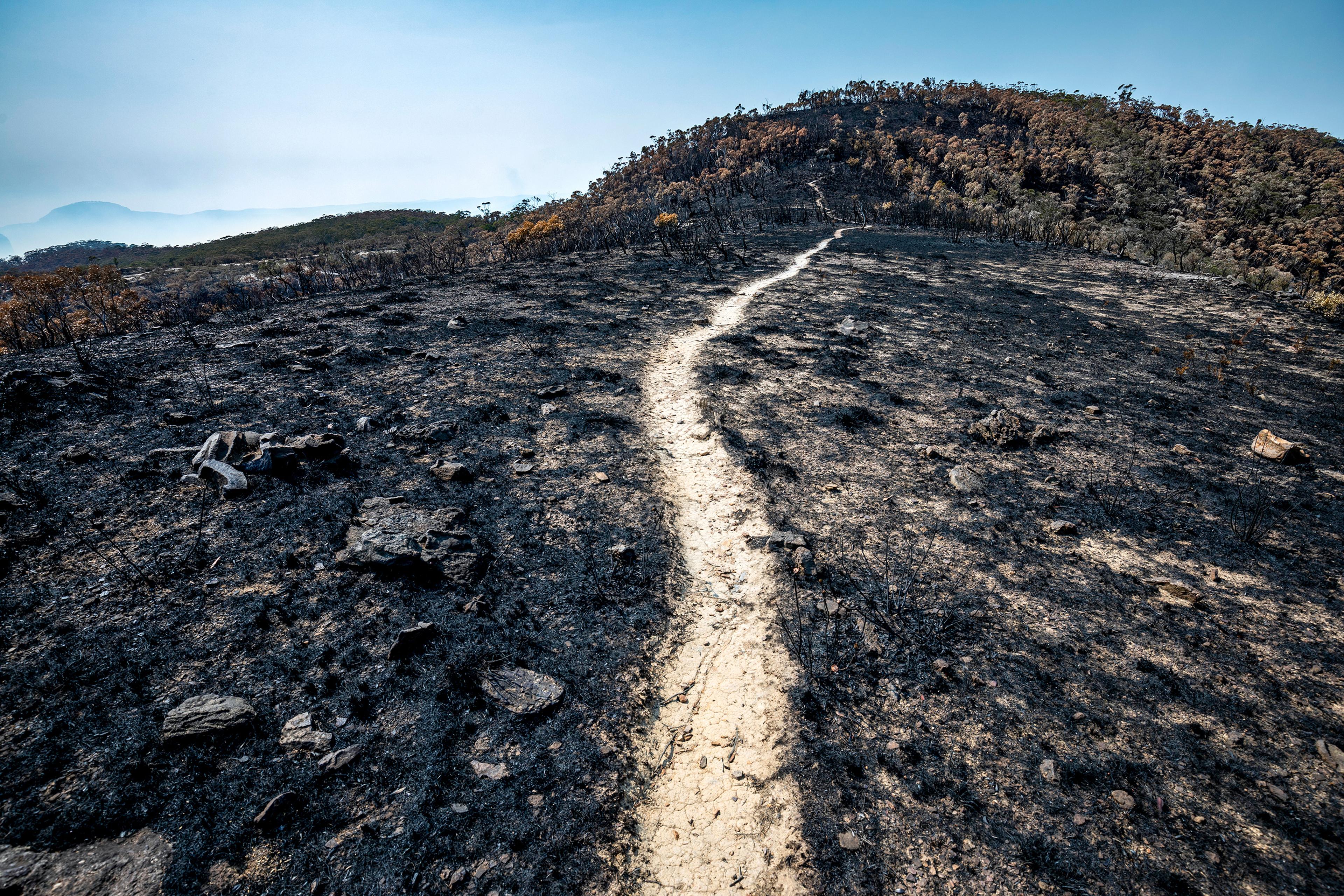
My husband was in crisis and our home faced wildfire. When it came, I saw the cost of holding the line
by Moonshine Matthiessen
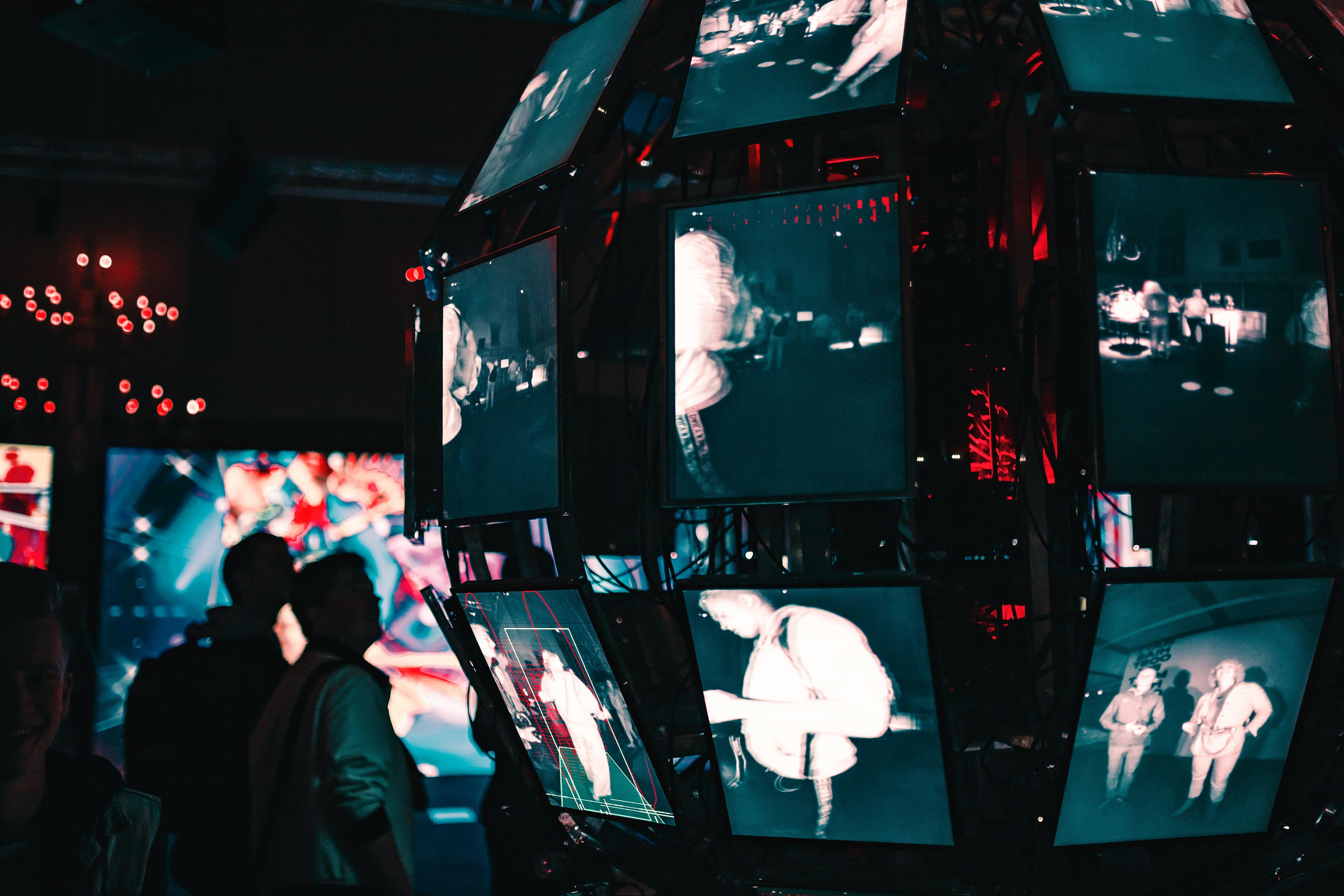
Unable to handle uncertainty, AI mimics the narcissistic compulsion to fill voids with plausible but false narratives
by Jennine Gates
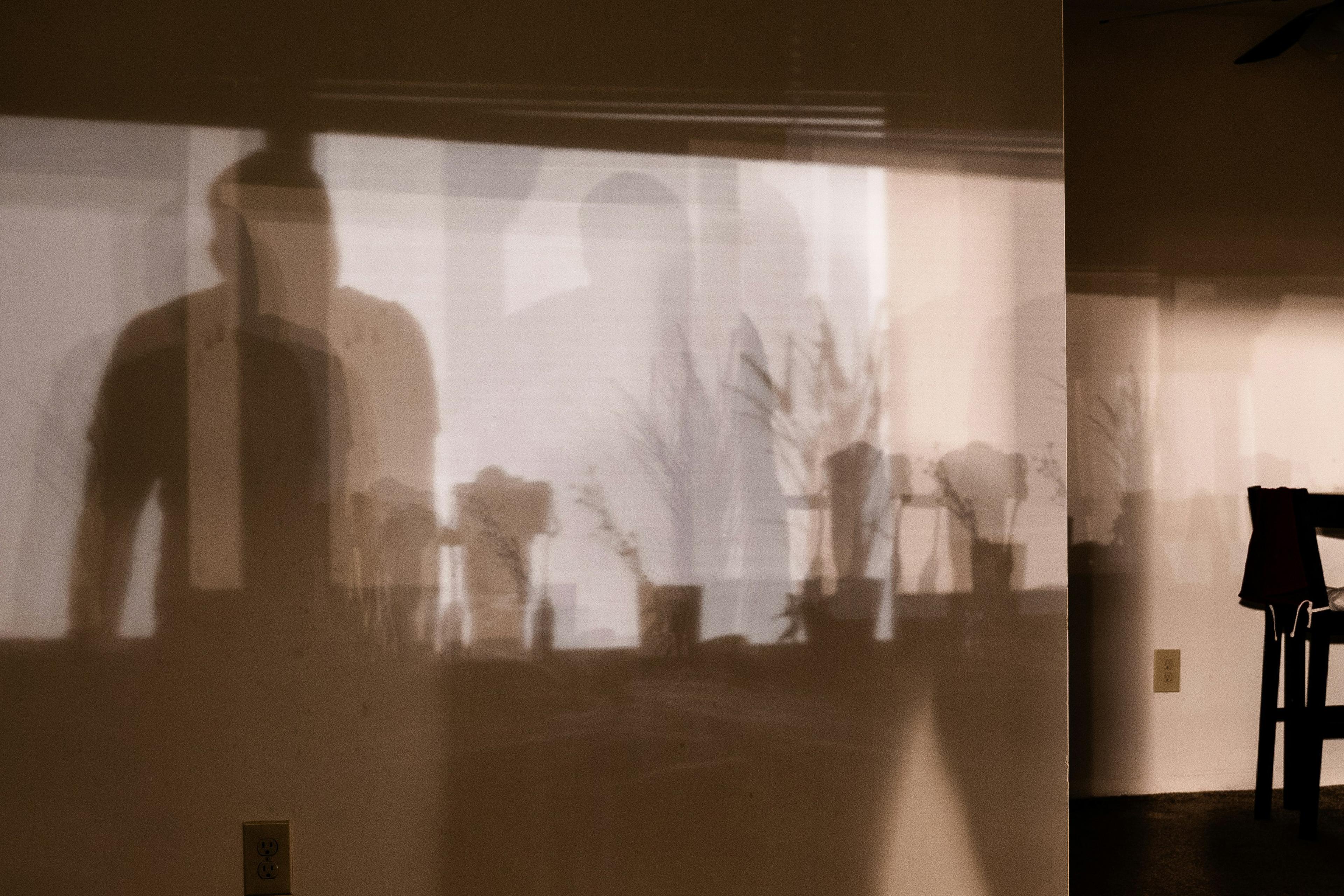
A smart, educated woman, there’s no way I could have ended up in an abusive relationship, could I?
by Zoe Michaels
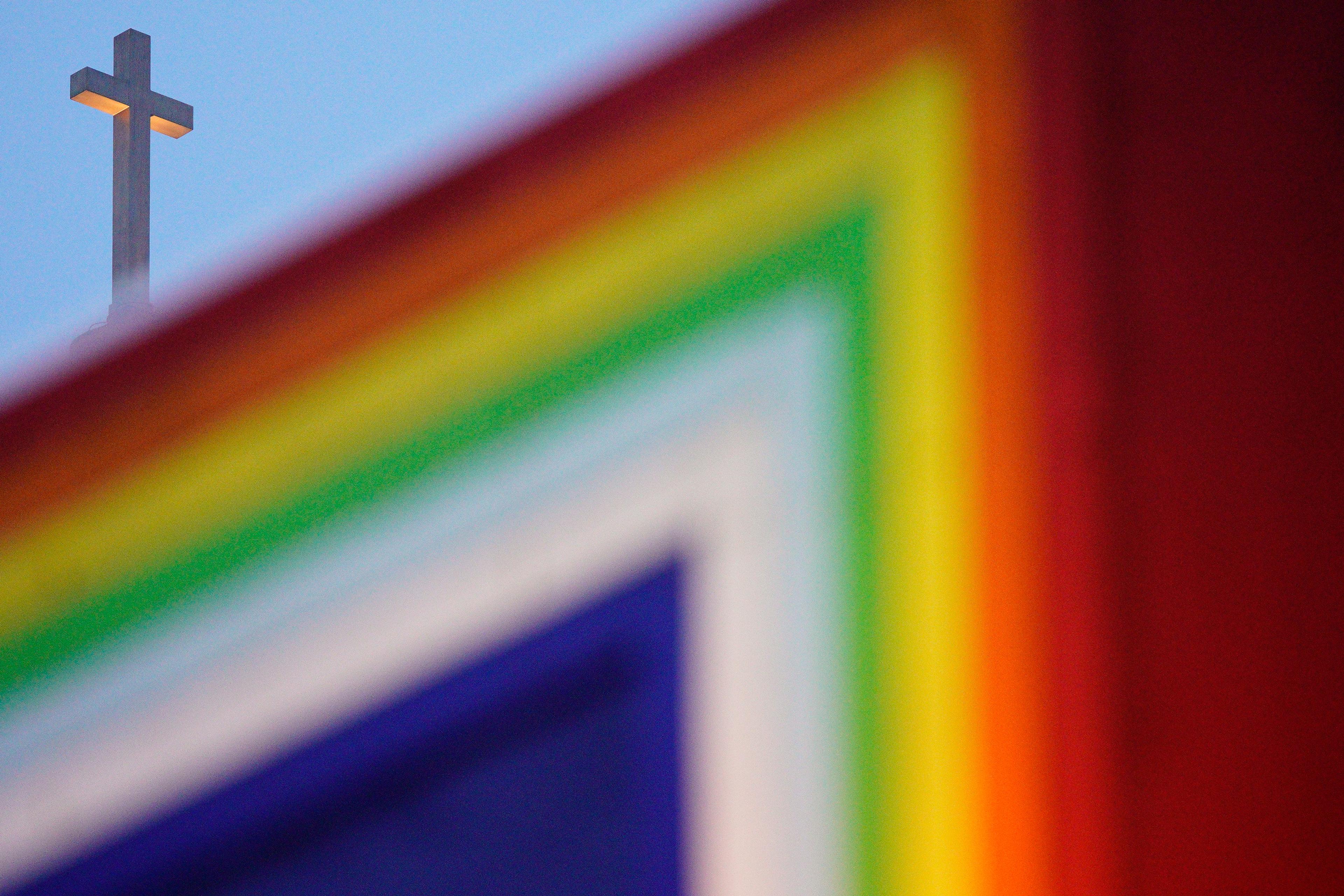
I wanted conviction to tell me if I could be gay and Catholic. My convictions told me something bigger
by Will Martino

I was a pushover with a habit of picking cheating men as boyfriends; then one of them pushed me too far
by Patricia Olsen


Long ago, I gave a boy a greenfinch. That moment followed me in ways I’m still puzzling over
by Katia Ariel